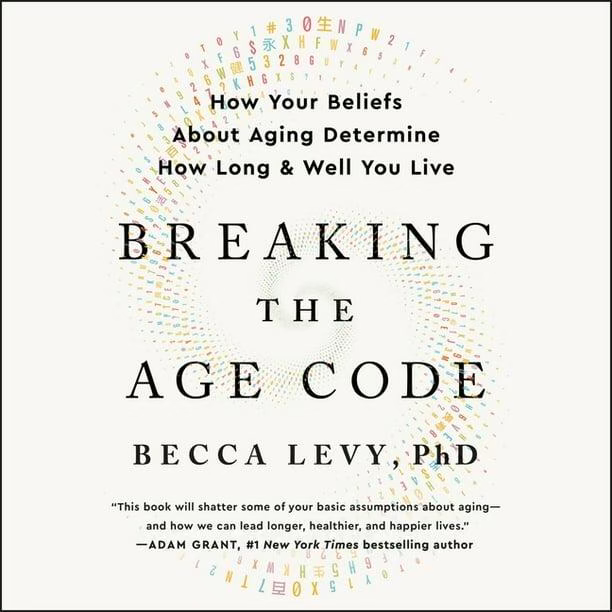Treating Alzheimer’s Through Diet & Nutrition
- Najla Hollins
- Dec 10, 2021
- 2 min read

“I was always interested in Alzheimer’s because I had that in my family and so I wanted to know more about it,” said Ashley Sanderlin, Ph.D.
The former business student and budding entrepreneur pivoted to follow her interest, which stemmed from witnessing close family members suffering from neurodegenerative diseases. She is now a neuroscientist who researches and studies Alzheimer’s disease as a member of the research faculty at the Wake Forest Alzheimer’s Disease Research Center.
Sanderlin is conducting research on those with mild cognitive impairment to see how diet and sleep habits impact their brain functions, over time. The Alzheimer’s Association and the Women’s Alzheimer’s Movement are funding the research into whether food can be medicine and if adopting a more natural eating lifestyle will help heal the brain.
“Their grant funding allows me to give these mild cognitive impairment participants a sleep study that they do in their home before and after a four-month diet,” said Sanderlin, who was the first African-American woman to earn a Ph.D. in neuroscience from Michigan State University when she graduated in 2017.
The diet she is studying is a modified Mediterranean ketogenic diet, which is very low in carbs. Keto diets are very trendy now for having health benefits, said Sanderlin, “but they have not been rigorously tested through clinical trials, which is where we’re able to observe if there are true differences.”
“The long-term goal is to see how food might be a replacement for some types of prescriptions,” said Sanderlin. “We don’t have a lot of drugs in the Alzheimer’s world, many have failed. We don’t have any that stop the disease or slow it down.”
Peter A. Lichtenberg, Ph.D., is the director of the Merrill Palmer Skillman Institute and the Institute of Gerontology, as well as the founding director of the Wayne State University Lifespan Alliance.
Lichtenberg said he was very impressed with and amazed by Sanderlin’s work. “I think her research can be very helpful in instructing us as to how diet really impacts the earliest symptoms of Alzheimer’s disease,” said Lichtenberg.
Dr. Sanderlin’s Advice for preventative care
Sanderlin’s research includes dementia prevention, helping to slow down the effects of dementia, as well as managing and treating chronic conditions.
“Type 2 diabetes, high blood pressure, and obstructive sleep apnea are many conditions that go untreated and are things that can increase a person’s risk of developing dementia,” said Sanderlin. These things affect the brain over time when they go untreated, and people don’t realize that it catches up with you later in life.
Keeping an active lifestyle and continuing social engagement are also ways to help slow down the development of dementia.
These include: “Staying connected with friends and family, finding things to do so that a large part of the day is not spent alone, trying to stay as active as possible,” said Sanderlin.
The researcher urges taking advantage of local resources such as Alzheimer’s support groups and chapters of the Alzheimer’s Association. “When we care for our elderly and the patriarchs of our families, it really takes a village,” she said.




Comments